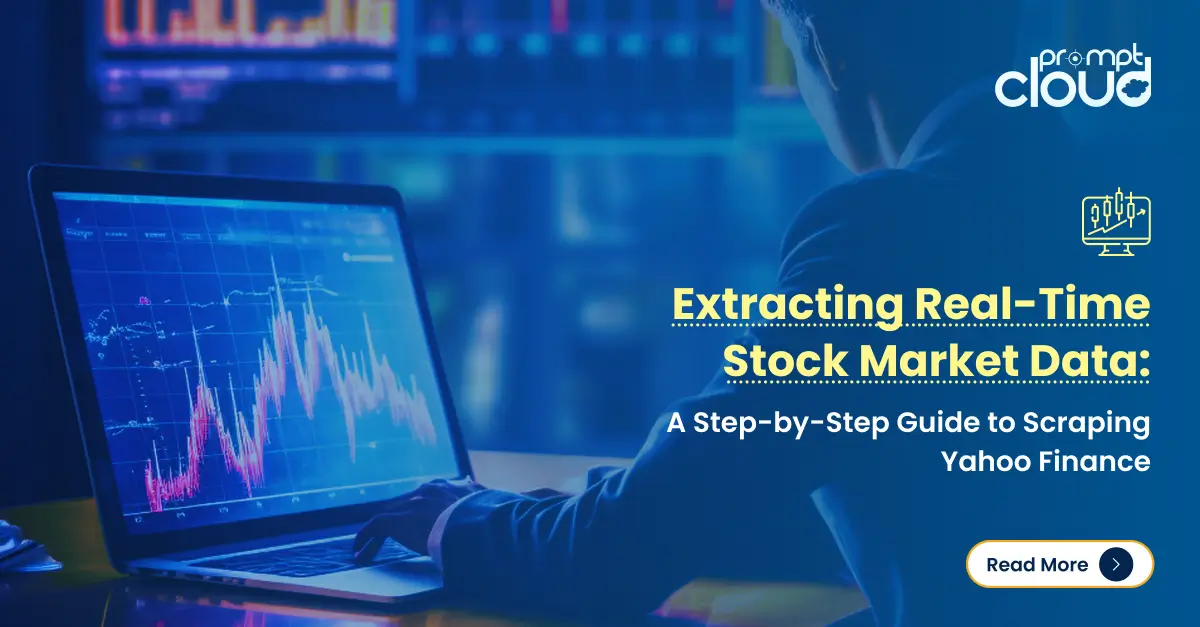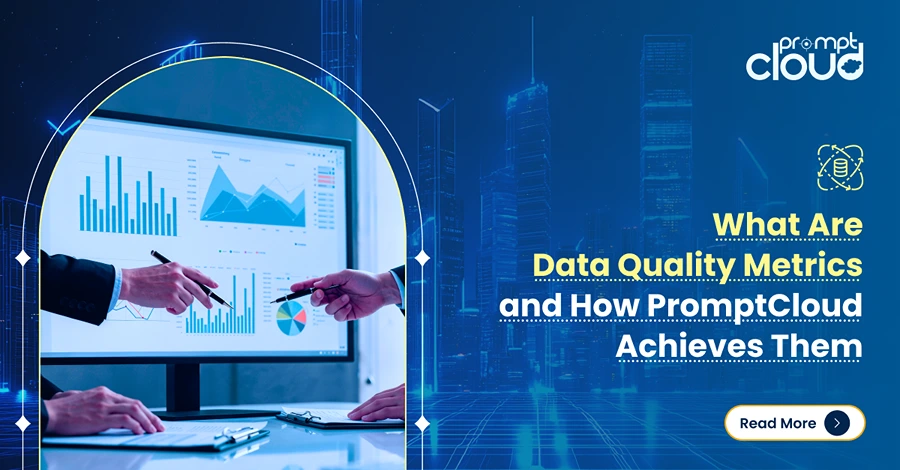
Big Data has made its presence felt in many areas of business, either enriching existing processes and prospects or creating new avenues of opportunity and creativity that businesses can leverage to stay on top of their competition. From manufacturing to marketing, Big Data has brought about visible changes to most facets of business by providing actionable data patterns and valuable insight in near real time. According to an estimate, the Big Data processing industry is set to be worth over $200 billion by next year.
Like it is with other fields of business, the field of recruitment has also been transformed considerably by the advent of Big Data. Now, it has become easier for businesses to mine the best talent available and recruit people that can become future leaders of companies, all with the help of dynamic data mining.
HR Recruitment and Big Data?
When applied to the field of recruitment, the Big Data tactics are collectively termed as “people analytics”. The goal is to provide recruiters with more data about potential recruitment choices that they can analyze in depth, and base their decisions on. For many companies, people analytics has become a popular and incredibly effective recruitment tool. Although previously tending to be a bit heavy on the social media side, people analytics now covers multiple facets of data generated on the internet, taking into account job sites such as Lensa, listing sites and several other online platforms.
The goal is to form a holistic, comprehensive picture of potential recruitment candidates, a long time before they even enter the office to appear for an interview. Multiple data fields can be used to form this picture, including their online presence, social presence, political affiliations, personal details and previous work performance. Taking into account all these characteristics helps recruiters further fine-tune their choices when it comes to hiring people who have potential to become tomorrow’s leaders.
What you can achieve in Recruitment with Big Data
1. Aligning Talent with Opportunity
The data driven approach to recruitment, or people analytics, has already shown vast promise for recruiters. The idea of recruitment is to clearly define the kind of characteristics and properties that potential employees need to have to become a perfect fit for a particular company. With the proliferation of large amounts of available information about applicants, HR professionals can now match professional and personal aspects of every applicant with the carefully laid out norms and requirements of their company. This guarantees a much better fit with the particular requirements of available open positions, and also company-wide criteria like work ethics and corporate culture. This complete profile allows recruiters to have a much more concrete idea about applicants than the traditionally used resume and cover letter format can ever provide.
2. Streamline HR efforts
Dynamic data analysis, job board extraction and Data Mining Techniques has the potential to take recruitment into the realm of objective factors from that of subjective factors. Over time, it has been found to the chagrin of many companies that subjective factors have little to do with the chance that an applicant will go a good job at that particular company. With Big Data, companies can now determine a set of existing factors which are correct indicators of the possibility of more employee success and better retention. Hiring efforts can then also be streamlined to better take into account these factors. For recruiters, this is a blessing as they not only get to hire the right people for the job, they can also justify their hiring decisions with raw facts and figures. As an example, recently a well-known global electronics and telecommunications company used algorithm-driven techniques of recruitment, and as a result attrition in their call centers fell by 20%.
3. Wide encompassing benefits
Also, Big Data can be used effectively to internalize not only the internal HR and recruitment strategies of a company, but also other departmental facts like those belonging to accounts receivable and strategic sales. These insights, when gathered from data mining activities, can help streamline the recruitment process further, pointing out major areas where recruitment is required to keep on top of orders and take the company forward. Instead of the traditional, ineffective approach of hiring whenever there is a shortfall of talent, this new dynamic data-driven approach can really help companies become proactive with their recruitment efforts. Proactive recruitment provides the company and the requisite departments a lot more time to screen for the right candidates, and also provide potential problems especially in times of organization need. It also makes for a better, more refined recruitment approach and philosophy than takes into account the long-term goals and plans of the company, and also drives creativity, diversity and flair among the workforce.
A major advantage of data-driven recruitment is that it helps to reduce the cost per hire. It can also help recruiters cut down the average time required to fill open positions with genuinely deserving candidates. Last but certainly not the least, you can also have salary packages for your workforce that are in better tune with global market averages. This can be achieved by targeting Big Data mining and analysis efforts towards analyzing global salary information that is available publicly.
Steps towards Recruitment using Dynamic Data Analysis
With the advent of Big Data, companies have at their disposal a number of new techniques that can be put to good use to refine their recruitment processes. Some of the more important ones are –
Data Mining
A technique that businesses all over the world use for different purposes can now be applied to recruiting. You can retrieve, store and analyze the data created by your applicants to get better insight about their performance, work culture and longevity. It can also help you further streamline your advertising efforts for recruitment and save costs along the way. When used in combination with predictive analysis that is based on established algorithms, Data Mining Techniques can be a potent force in the hands of recruiters. You can automate the whole process gradually, and important platforms like social networks can be effectively leveraged to form a concrete idea about applicants. You can know more about the inherent characteristics of potential employees, and decide what a good fit would be.
Keyword Filtering
Another important step towards better, more effective recruitment using Big Data involves keyword filtering. Recruiters can use descriptions of the skill set they desire and important characteristics as keywords while searching through collected data. This data may include data from search engines, social platforms, data from scraping job listings, and online communities. This can lead to exciting prospects which your company can tap into. Keyword filtering can be used not only for selecting applicants, but also for ruling out applicants who do not fit into your scheme of things.
Testing
Testing is an integral part of the recruitment process, but with the advent of Big Data you can further refine and rejuvenate your testing methodology. Skill tests and personality tests have been around for a long time, and have been used to determine employability for decades. However, with the addition power that Big Data provides to these tests with concepts like data-driven psychological assessment and computer-assisted testing, testing can become much more precise and sophisticated, leaving virtually nothing to chance. Also, employing some of the relevant information generated from Big Data analysis can provide you with more data points to evaluate your tests. You do not have to rely on test results and interview results alone, but also have at your disposal a wealth of online data and other kinds of public information on which you can base your assessment.
The Way Forward
Data-driven recruitment is something that is here to stay for a long time indeed. With various advancements in the field of machine learning, it can be expected that recruitment will gradually become a process where most of the relevant tasks become automated while maintaining pinpoint accuracy. Hiring someone new, especially if you are looking for that employee to become a leader some day in future, can have disastrous consequences if things go wrong. The costs involved go beyond minor things like training, absorption and salary. Hiring the wrong candidate can cost you revenue if the chosen person makes mistakes in the long run.
Algorithm-driven recruitment can solve most of these problems for you. Judging by the wondrously good results achieved by companies who have so far included Big Data and related tools in their recruitment processes, the signs bode well for the future. If you are looking to hire the best people for your company who have the potential to turn into leaders with time, the best strategy is to slowly but surely incorporate Big Data into your recruitment process for better results, more precision in recruitment and better overall prospects for your business in the long run.






















